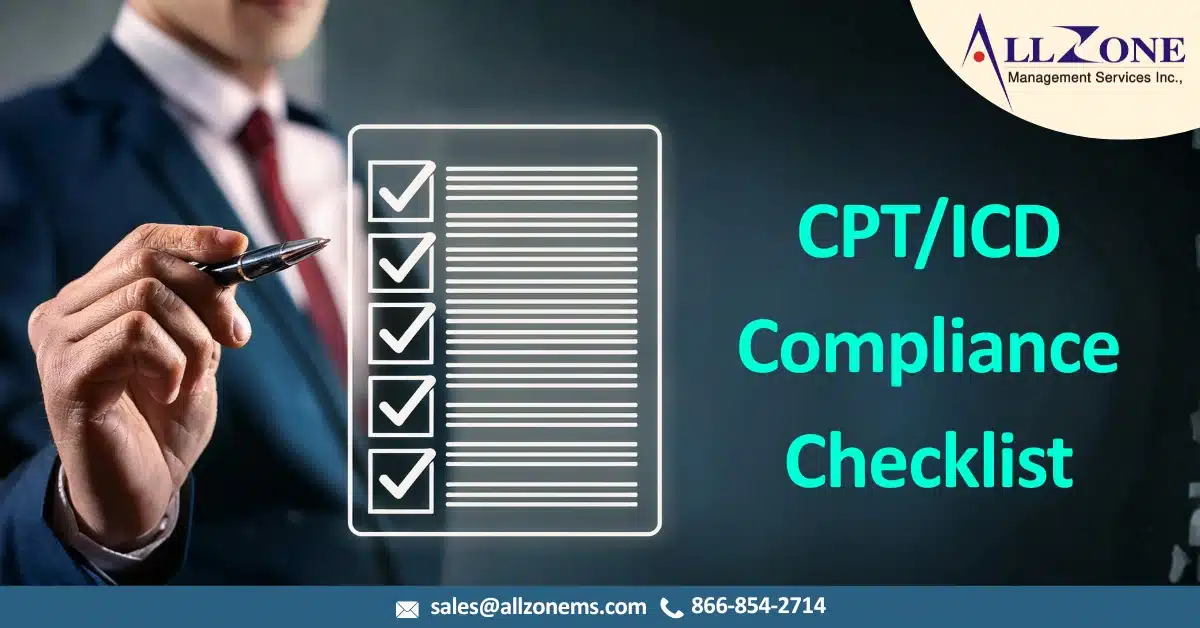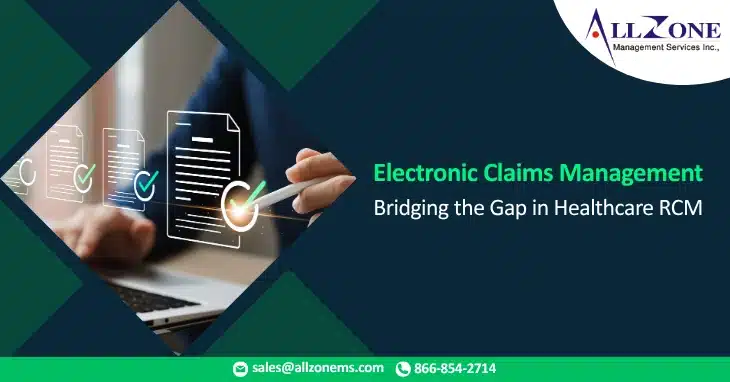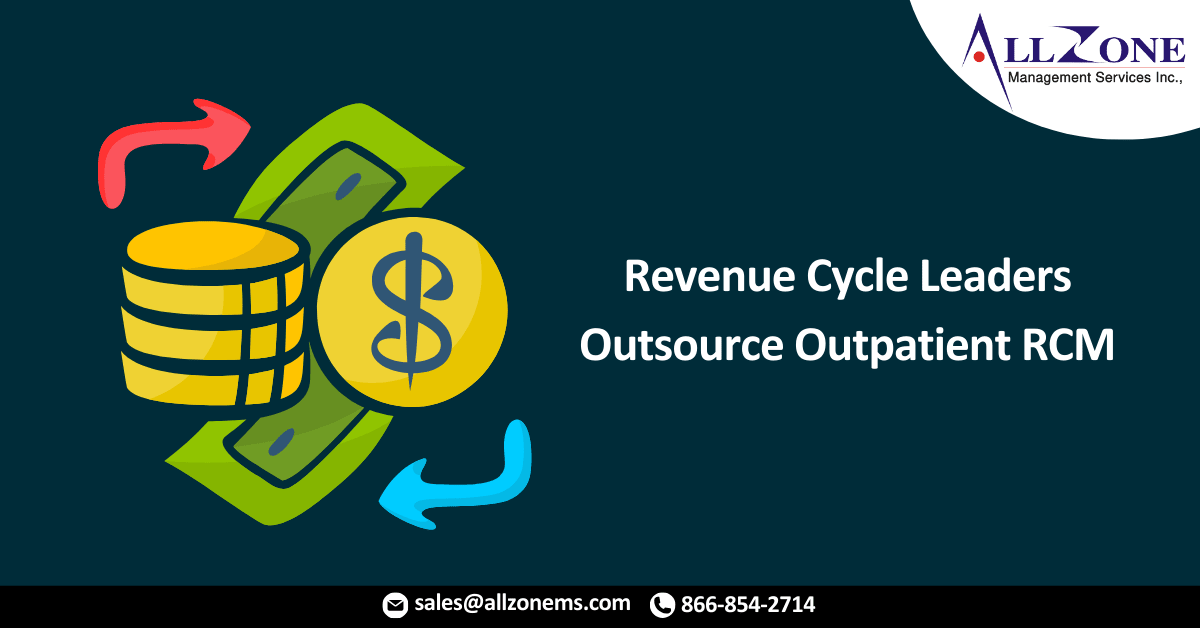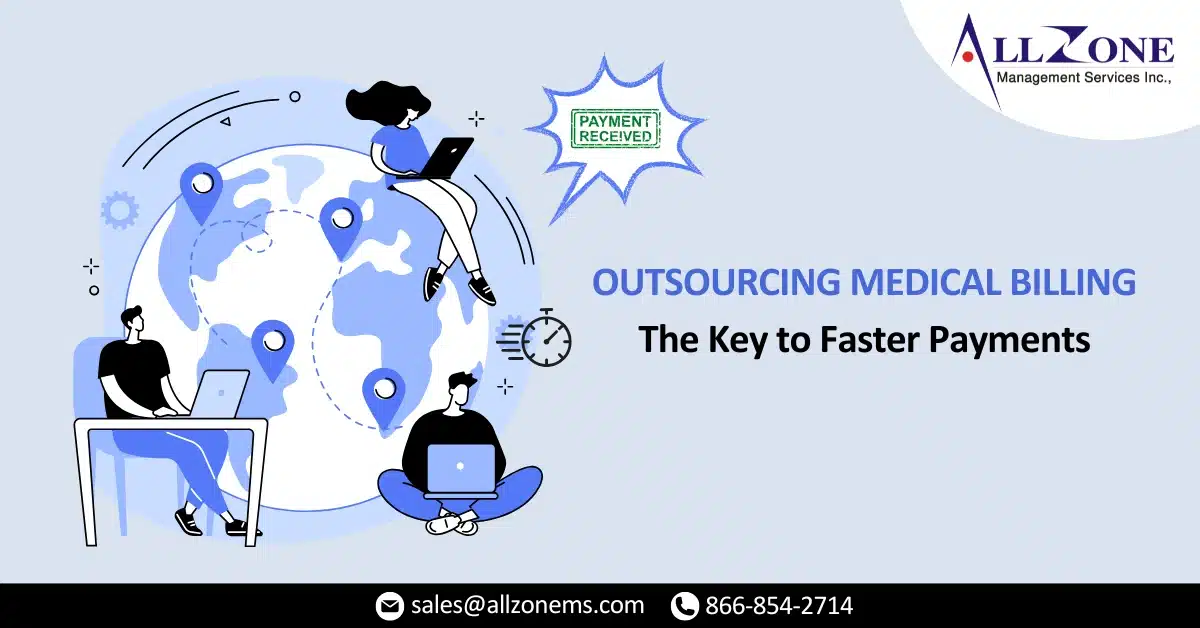Introduction As healthcare continues to evolve, hospitals in 2026 are facing unprecedented financial and operational pressures. From rising administrative costs and workforce shortages to stricter payer policies and increasing patient financial responsibility, hospitals must navigate a complex and constantly shifting landscape. At the center of these issues lies the revenue cycle—a critical function that directly […]
In today’s highly regulated healthcare environment, CPT and ICD code compliance isn’t just about accuracy—it’s about protecting your revenue, safeguarding against penalties, and ensuring smooth reimbursements. Healthcare providers and billing teams face increasing pressure to align with payer rules, CMS guidelines, and continuous code updates. A single coding error can result in denied claims, delayed […]
Introduction In medical billing, claim rejections and denials are inevitable—but understanding why they occur is the key to fixing them. One of the most important tools for decoding these denials is the Claim Adjustment Reason Code (CARC). Each CARC provides specific information about why a claim or a service line was adjusted, denied, or paid […]
A stroke, or cerebrovascular accident (CVA), occurs when the brain’s blood supply is interrupted or reduced, depriving brain tissue of oxygen and nutrients. Accurate medical coding for stroke is essential to ensure proper documentation, reimbursement, and statistical tracking of healthcare outcomes. In the healthcare revenue cycle, accurate ICD-10 coding not only impacts claim success but […]
The U.S. healthcare industry continues its digital transformation, with providers and payers embracing electronic transactions to streamline revenue cycle management (RCM) processes. According to the CAQH Index, adoption of electronic claims management transactions—such as eligibility verification, claim submissions, and claim status inquiries—has reached or surpassed 80% for many transaction types. However, significant gaps remain in […]
In the complex world of insurance and healthcare claims, the concept of “zero-paid claims” can feel like a phantom menace. You’ve submitted a claim, received an Explanation of Benefits (EOB) or remittance advice, and to your dismay, the payment is… zero. While a zero payment might seem innocuous, it can, in certain scenarios, be interpreted […]
Outpatient care has become a cornerstone of modern healthcare, thanks to technological advancements, patient preferences, and cost-effective treatment models. As outpatient services expand, so do the administrative and financial complexities behind the scenes. Revenue Cycle Management (RCM) for outpatient care is no small feat — it involves managing patient scheduling, insurance verification, coding, billing, and […]
In today’s competitive healthcare environment, delivering an exceptional ASC patient experience is crucial for differentiating your ambulatory surgery center (ASC) and fostering sustainable growth. This experience hinges on treating patients with care, respect, and competence throughout every interaction – from staff engagement to procedural efficiency and technological integration. This article focuses specifically on enhancing the […]
In today’s evolving healthcare landscape, financial stability is a growing concern for healthcare providers. With rising administrative costs, increasing payer scrutiny, and complex reimbursement policies, managing medical billing in-house is becoming increasingly challenging. As we approach 2025, the demand for faster, more efficient payments is greater than ever, driving many healthcare providers to explore outsourcing […]










